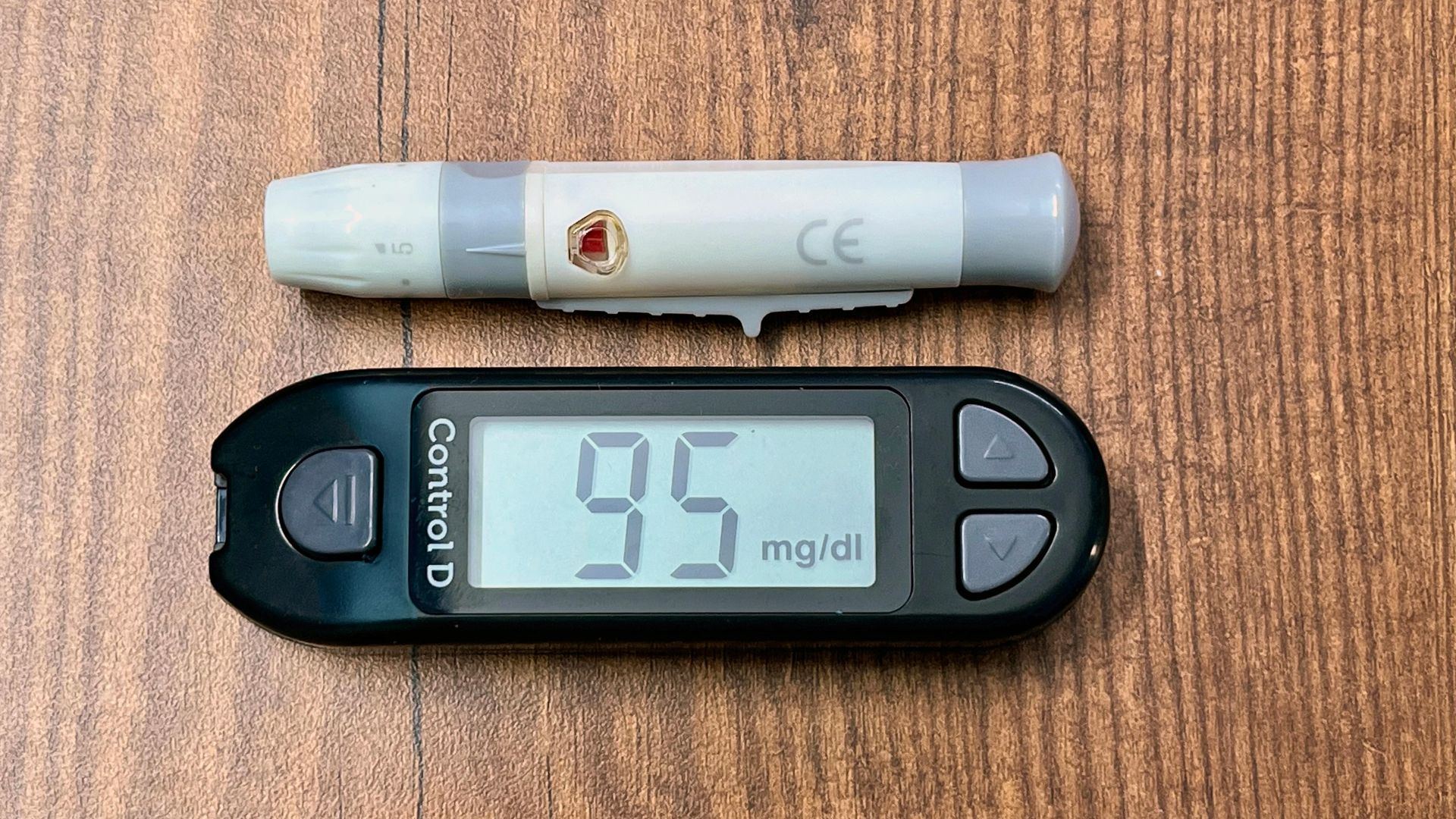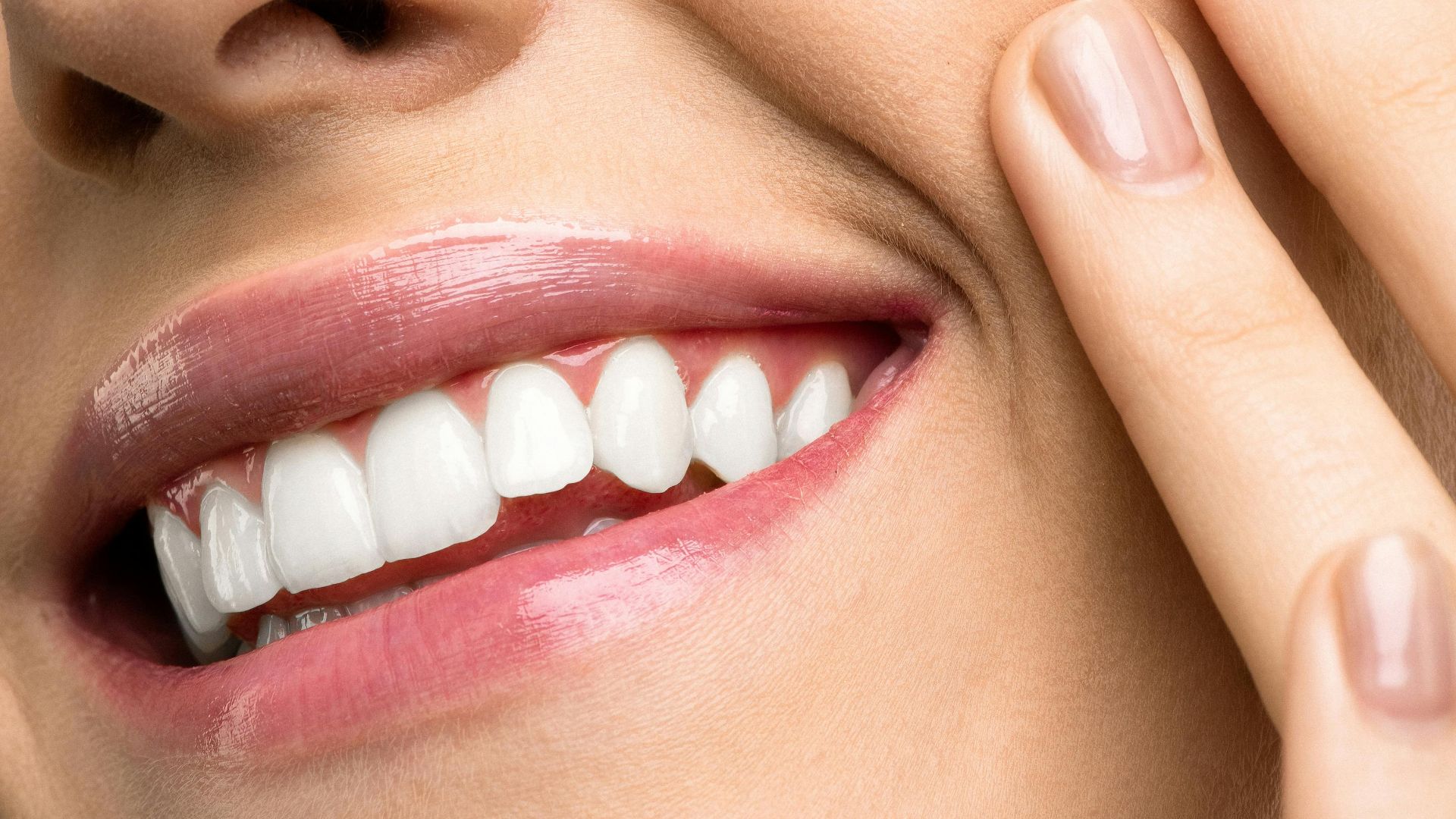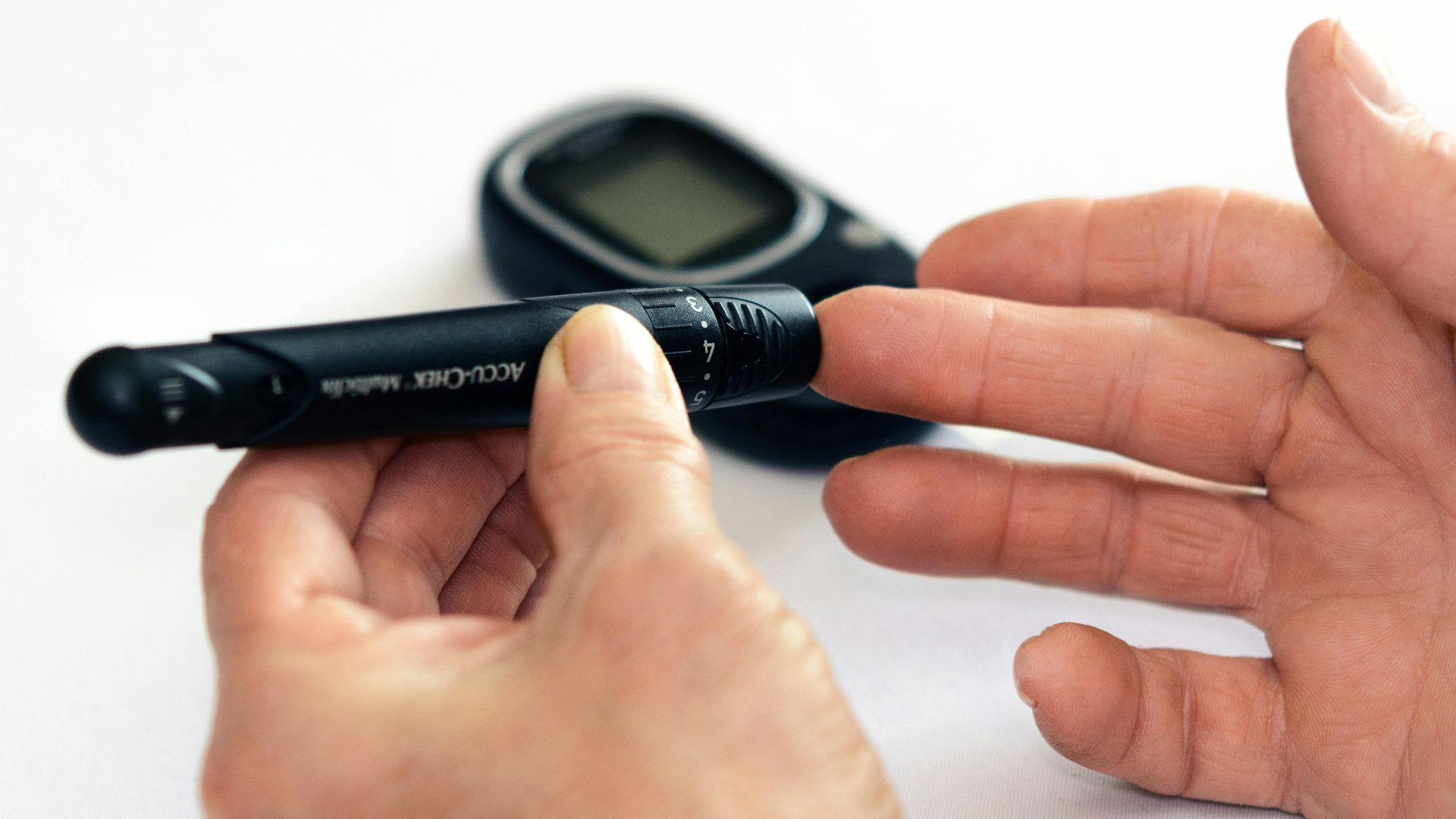Time To Break It Down
Apple cider vinegar has become one of those products people feel strongly about. Some keep it in the kitchen and use it once a year. Others drink it every morning like it’s part of a contract they signed. And if you’ve been tempted to start using it without really knowing what to expect, now’s probably a good time to pause and look at it with a bit more perspective. To help you with that, here are a few reasons people keep reaching for it.
1. Helps Boost Digestion
Apple cider vinegar improves the stomach’s acidity, making it easier to break down food efficiently. As a natural alternative to antacids, it offers a gentler solution. However, it may not relieve acidity for everyone, so cautious use is advised.
 Jarritos Mexican Soda on Unsplash
Jarritos Mexican Soda on Unsplash
2. Supports Weight Loss
By promoting a longer feeling of fullness, ACV reduces cravings between meals. Its link to improved metabolism helps the body burn calories more efficiently. Combined with its low-calorie content and appetite-curbing effects, it might act as a practical tool in a weight management plan.
3. Helps Lower Blood Sugar Levels
Taming sugar swings doesn’t have to feel like rocket science, as ACV makes it easier for the body to process sugars effectively. This helps reduce post-meal spikes that can throw things off balance. Hence, ACV might act as a simple, natural ally in blood sugar management.
4. Fights Bad Breath
That stubborn morning breath doesn’t stand a chance when ACV enters the routine with its antibacterial properties. Swish it like a mild mouthwash, and you’re not just freshening breath—you’re giving your oral hygiene a gentle boost with every rinse.
5. Strengthens Heart Health
This pantry staple may reduce harmful LDL cholesterol, a key player in heart issues. On the flip side, it promotes a better balance of good HDL cholesterol. While effects on blood pressure can vary, ACV isn’t a primary treatment but can still play a supporting role.
 Antoni Shkraba Studio on Pexels
Antoni Shkraba Studio on Pexels
6. Helps Reduce Fatigue
Ever feel like your energy vanishes after lunch? Apple cider vinegar might help you dodge that dreaded afternoon slump. This is because its natural potassium content works behind the scenes to restore your electrolyte balance, especially when you’re feeling drained.
7. Fights Inflammation
Packed with polyphenols and other natural antioxidants, ACV combats oxidative stress by neutralizing pesky free radicals that wear your body down. It also brings along anti-inflammatory benefits, which some believe may ease arthritis-related pain and swelling.
8. Supports Gut Health
You might not know, but ACV is created through fermentation—a process that produces the “mother,” a cloudy mix of beneficial bacteria and yeast. This natural brew balances the gut’s bacteria, further promoting smoother digestion.
9. Detoxifies The Body
ACV kickstarts the liver into processing and clearing out toxins with more efficiency. Bile production increases too, which plays a key role in breaking down fats and flushing waste. Meanwhile, its natural acids work to balance the body’s internal pH, creating a cleaner internal environment.
10. Enhances Skin Health
Thanks to its natural antibacterial properties, ACV can help fight acne-causing bacteria. As a gentle exfoliant, it removes dead skin cells. Also, remember that for some, this works wonders; for others, it may cause dryness or irritation, so dilution is key.
Now, here are potential downsides you might want to keep an eye on.
1. Erodes Tooth Enamel
Beneath the buzz around apple cider vinegar lies a sour truth your teeth won’t enjoy. Its high acidity quietly eats away at enamel, the tough layer that shields your teeth from damage. Over time, regular exposure wears that barrier thin.
2. Triggers Acid Reflux
For some, apple cider vinegar nudges the stomach into overdrive, triggering acid reflux that fuels heartburn. Those dealing with GERD often find that even a small sip brings big discomfort. While diluting it might ease the sting, people with serious reflux are better off skipping it entirely.
3. Causes Hypoglycemia Risks
ACV has a way of dipping blood sugar lower than expected, which can leave you dizzy. It doesn’t stop there—it can also tinker with insulin sensitivity, shifting how diabetic capsules work behind the scenes. Hence, that combo can create more chaos than control.
4. Leads To Bloating
If consumed in excess, ACV can lead to bloating. Some folks also experience gas buildup after taking it undiluted, while others report nausea or an odd sense of fullness. And because ACV can speed things up or slow them down in your digestive system, irregular bowel movements aren’t off the table either.
5. Irritates Skin When Applied Topically
If used carelessly on the skin, apple cider vinegar can turn your glow-up routine into a stinging regret. Direct application may lead to redness, especially if your skin is sensitive. Leave it on too long, and you risk chemical burns that aren’t exactly Instagram-friendly.
6. Inhibits Mineral Absorption
Excessive intake can mess with how your body absorbs calcium and magnesium, thanks to acetic acid binding to these nutrients and making them harder to use. The result? Fatigue, weakness, or sudden leg cramps that don’t quit.
7. Weakens Dental Fillings
That morning wellness shot could slowly undo your dentist’s hard work without you even realizing it. Anyone with crowns or fillings should steer clear of frequent vinegar contact. Besides, sticking to regular dental checkups can help catch the damage before it turns into a pricey fix.
8. Causes Burning Sensation In Throat
Drinking undiluted apple cider vinegar triggers a harsh burning sensation. Continued irritation may lead to chronic throat trouble or even ulcers. Mixing vinegar with water helps reduce the impact, but severe soreness or lingering irritation signals it’s time to cut back or stop entirely.
9. Puts Strain On Kidneys
When the vinegar’s diuretic nature kicks in and speeds up fluid loss, your kidneys require extra effort to process that. Dehydration becomes a real concern, and the pressure climbs higher in people with existing kidney issues.
10. Interferes With Medications
Mixing apple cider vinegar with medication doesn’t always end in harmony, as the vinegar can clash with diuretics and heart meds, throwing off their intended effects. That’s how some drugs may become too potent, others too weak.
KEEP ON READING

20 Natural Ways You Can Boost Your Immune System

20 Ways To De-stress & Relax After Work

The 10 Most Common Diseases & The 10 Most Rare























